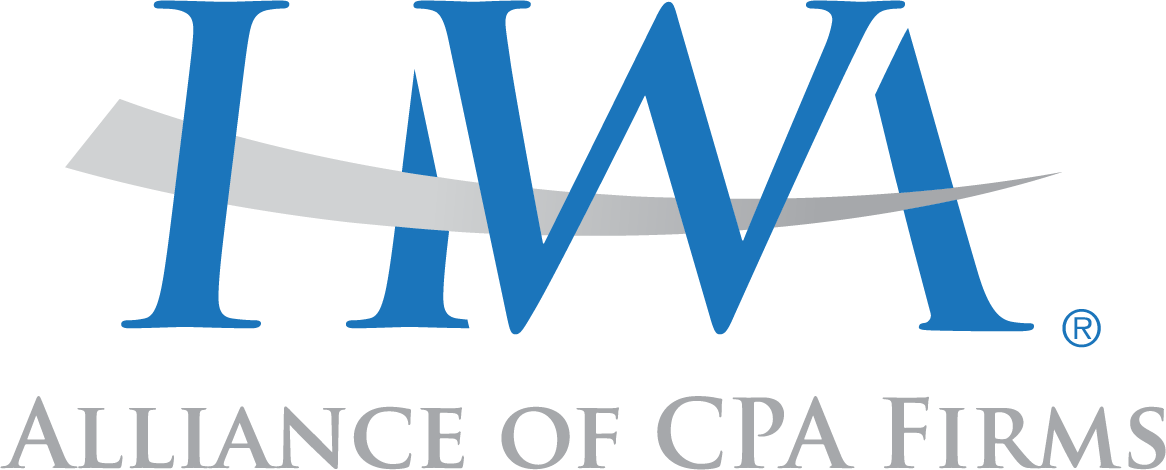An audit is a formal check of financial accounts of an individual, business or organization.

Financial audits dig deep into a company’s financial situation, probing accounting records, internal controls policies, cash holdings and other sensitive financial areas.
Many companies provide their financial statements, along with a CPAÔÇÖs report, to lenders, investors, suppliers and customers.

When we really look at a firmÔÇÖs culture, itÔÇÖs evident that [most] are not really changing as the way they hire, fire and train is the same as it was a decade ago
As a small-business owner, you have a lot on your plate. Keeping an eye on everything thatÔÇÖs going on in your office is not possible nor is it a smart use of your time.
In the third part of Dawn BrolinÔÇÖs Fraudcast with CPA Stephen King of client accounting services firm GrowthForce, they talked about check tampering, which specifically has to do with employees who steal.

A financial statement audit is the examination of an entity’s financial statements and accompanying disclosures by an independent auditor.
You don’t get to choose them, but you must spend a lot of time with them. So, what do you do about a co-worker you really don’t like?
On a recent podcast about fraud (aka The Fraudcast) I spoke with CPA Stephen King of client accounting services firm GrowthForce about the disproportionate frequency in which small businesses are victims of fraud compared to larger ones.
What is one of the first and most important questions you may be asked during your annual audit? Are you aware of any fraud or suspected fraud in your organization? Unfornately, the answer is easy if you have been the victim of fraud. But what about the f

